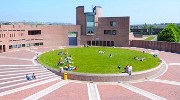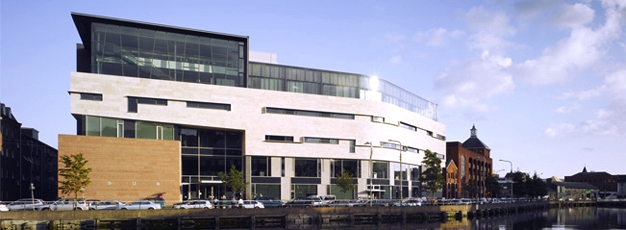A good virus officially named after Cork

Published on: Monday, 06 July 2020
When CIT PhD student, Colin Buttimer, was asked by his supervisor to gather soil samples from potato farms around West Cork to discover natural predators of the causative agent of potato diseases such as soft-rot and blackleg, he never guessed that he would discover a virus which kills bacteria (known as a bacteriophage) that was quite different from others in the scientific literature.
The virus, one of several that he uncovered that kills the infectious agent Pectobacterium, was recently assigned a taxonomic subfamily of its own named after Cork. This new subfamily, called Corkvirinae in keeping with the conventional Latin naming system, was recently ratified by the International Committee on Taxonomy of Viruses (ICTV). Its distinct features were in its DNA and its overall shape when viewed under the electron microscope.
In CIT, natural bacteriophages are studied for their potential to eliminate bad bacteria. Professor Aidan Coffey lectures at the Department of Biological Sciences, and is a Principal Investigator at the Centre for Research in Advanced Therapeutic Engineering (CREATE) at the Bishopstown Campus. As part of the same study, two new genera of bacteriophage were also officially recognised during the same ICTV ratification process.
The work formed part of Colin Buttimer’s PhD thesis. Both scientists, Coffey and Buttimer, have recently edited a new 700-page book "Bacterial Viruses: Exploitation for Biocontrol and Therapeutics" published earlier this month.
Colin was a Rísam-funded PhD student in CIT’s Department of Biological Sciences, graduating in 2019.








